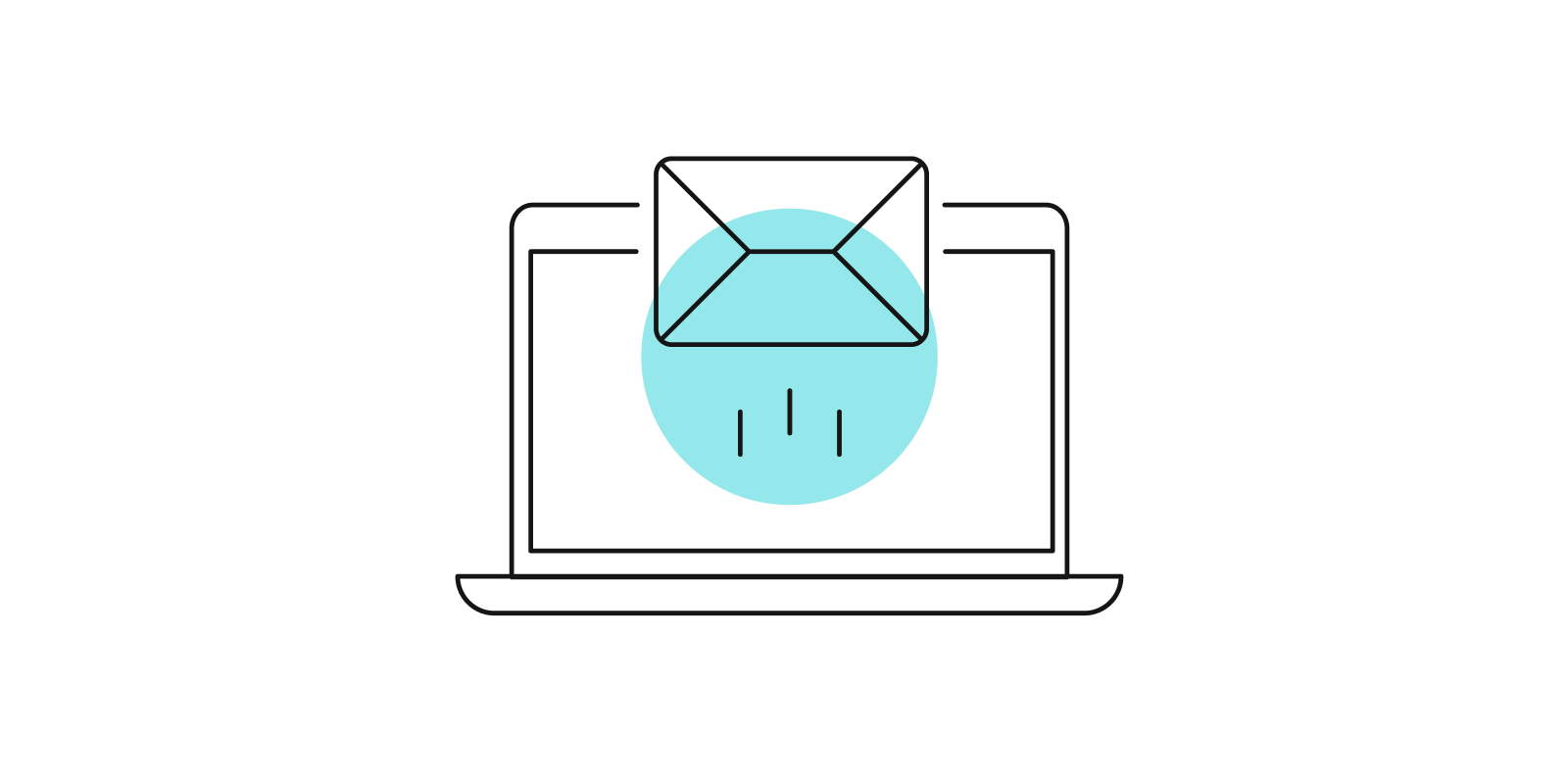
Online learning: Seeing the excellence, not just the necessity

Two years ago, when COVID-19 drove many colleges and universities to offer online instruction, Kate McKinnon’s Saturday Night Live (SNL) skit seemed ruefully accurate to some: “You will now pay full price for your college experience at a University of Phoenix Online without the tech support!” Some students were indeed thrust into a version of remote teaching that, while developed with the best intentions, was more emergency triage than true online learning.
Fortunately, however, even as the pandemic accelerated the transition to online learning, a closer look revealed some very distinguished online programs that are comparable to traditional face-to-face programs, or even better. These online programs often delivered greater flexibility and accessibility, sometimes with clear evidence of superior outcomes.
Duquesne University School of Nursing delivers several of those high quality online programs. In partnership with Pearson, the university is applying best practices in teaching and learning and is continually updating those practices to reflect the latest best practices in online learning. Duquesne was the first online nursing program in the United States, offering its online PhD program in 1997, and has since made the conscious decision to offer all graduate nursing programs online.
Online education expands access to those who would otherwise be unable to further their education. At Duquesne, many students are working nurses, often juggling shift work, family responsibilities, and caregiving. COVID’s demands made it nearly impossible for students to access on-campus programs in many parts of the country, Even now, with most on-campus programs reopened, some healthcare professionals face greater challenges in managing work/life balance, and/or time associated with school related travel, that make it harder to attend classes on campus.
Duquesne’s PhD graduates are deans, faculty, and Chief Nursing Officers — most of whom would not have been able to follow their dreams and earn their doctorates in a traditional, on-campus program. This was my own experience. I graduated from Duquesne with my PhD in 2002, transferring after I broke my ankle and was unable to complete my coursework on my personal timeline.
I found the faculty to be knowledgeable, supportive, skilled teachers with their own bodies of research and much to offer students. I attended a doctoral immersion residency and achieved all the other milestones of doctoral students. After graduation, I continued to work and succeed in academe. I achieved tenure and promotion to full professor at a university with very high research activity, always feeling well prepared and comparable in knowledge and productivity to my faculty colleagues. I became a leader of the nursing programs I studied in, and I recently assumed wider leadership responsibilities for research throughout the university.
Along the way, I have learned that outstanding online learning involves much more than providing technology infrastructure for remote teaching. It requires purposefully designed, and often increased, interactions with students. Professors hold one-on-one virtual office hours and many check-ins outside of regular hours. Clinical disciplines benefit from real-time virtual patient rounds, clinical case studies, and recitations. In addition, those who are new to teaching online may need to evolve how they approach assessment, technology, and time management. Duquesne and other high-quality online programs utilize research-based strategies like these to help train faculty to effectively prepare for teaching in a virtual environment.
The pandemic was not the first event to influence public perceptions that quality changes when we move from a lecture hall to a virtual classroom. Over a decade ago, the introduction of large, often free, online courses created an image of an impersonal, dehumanized experience that lacked the support students need to succeed. In addition, the early surge of several for-profit universities created a negative impression that was hard to overcome. However, those early impressions are far removed from the quality and student success we have seen at Duquesne.
Universities with quality, successful programs consider the development of students and the discovery of knowledge as integral to their mission, and that does not change if education is offered online. In many instances, due to the use of various technologies, virtual simulations, virtual proctors, and other exam security measures, online learning is no less costly than face-to-face programs but far more convenient. The same highly qualified faculty teach in our virtual classrooms.
Now that many institutions’ abrupt, disruptive transition to remote teaching is receding into history, it is my hope that thoughtfully planned, quality online programs become even more universal. These programs offer our society much that it urgently needs, and likely can’t get any other way.
About the author

Dr. Mary Ellen Smith Glasgow is Dean and Professor of Duquesne University School of Nursing and was recently appointed Vice Provost for Research. Dr. Glasgow joined the School of Nursing as Dean and Professor in August 2012. Under her leadership as Dean, enrollment and NCLEX-RN scores increased, and research and scholarship significantly expanded. The School is recognized as a national leader in nursing education, emphasizing social justice, digital technologies, and graduates with strong ethical reasoning skills. She led the development of the nation’s first dual undergraduate Biomedical Engineering and Nursing Program, as well as a PhD in Nursing Ethics. An innovator in nursing and health professions both nationally and internationally, she is co-author of four books, two of them named Book-of-the-Year by the American Journal of Nursing. In her new role as Vice Provost for Research, she provides strategic leadership, expertise, and operational direction for all research activities at the University as they pertain to research needs, proposal development, implementation, infrastructure and growth.



